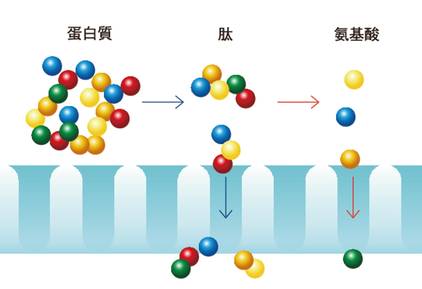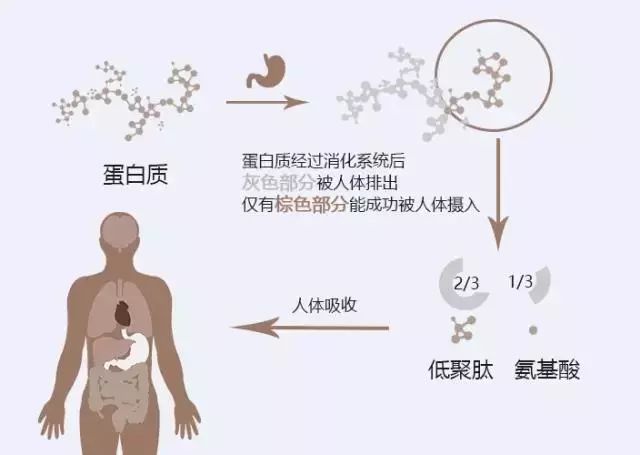What is peptide?
Peptide refers to a kind of compound whose molecular structure between amino acid and protein, It is composed of 20 kinds of natural amino acids in different compositions and arrangements, from dipeptides to complex linear or circular structure polypeptides. Every peptide has their own unique structure, and the structure of different peptides dependent on their own function. Peptide has trace content in biological body, but it has unique physiological activity. Among them, peptides that can regulate physiological function organism that called functional peptide or biologically active peptide. In early 20th century, the success of chemically synthesize dipeptide sign the appearance of peptide science.
A lot of facts prove that protein can not only absorb in the form of amino acid, but also absorb in many forms of peptides. It is generally believed that the dipeptides and tripeptides are absorbed into intestinal cells and then hydrolyzed by peptidase to enter the blood circulation in the form of free amino acids. The peptide carrier enters the circulation.
The research further found that the protein ingested by the human body is digested and absorbed in the form of oligopeptides after the action of enzymes in the digestive tract, and the proportion of absorption in the form of free amino acids is very small.
Protein is absorbed in the form of peptide, which not only avoid the competition between amino acids, but also reduce the reverse effect of high osmotic pressure on the human body. Therefore, provide nutritional substance to human body in the form of peptide is good for quickly exerting the functional effect of peptide. What’s more, the biological valence and nutritional value of peptide are higher than free amino acids. Therefore, collagen peptide has been become a new hot spot in the field of protein nutritional research, and small molecular peptide or oligopeptide make oral healthy care food has scientific basis.
Post time: Sep-10-2021






